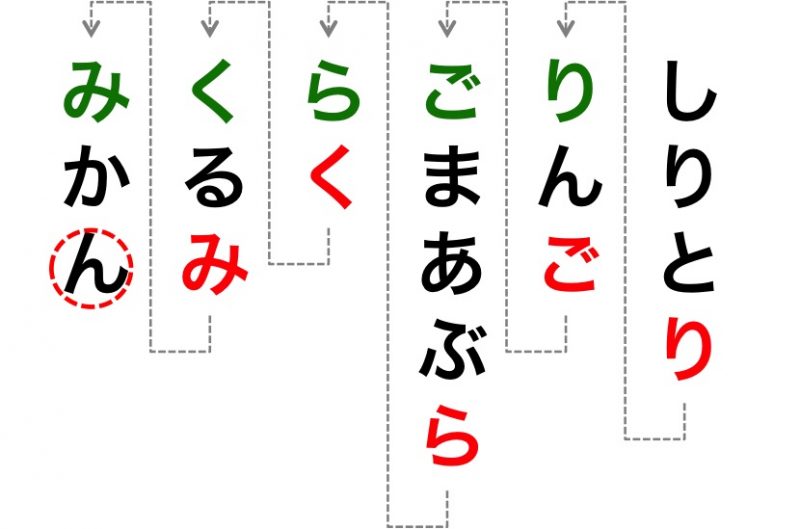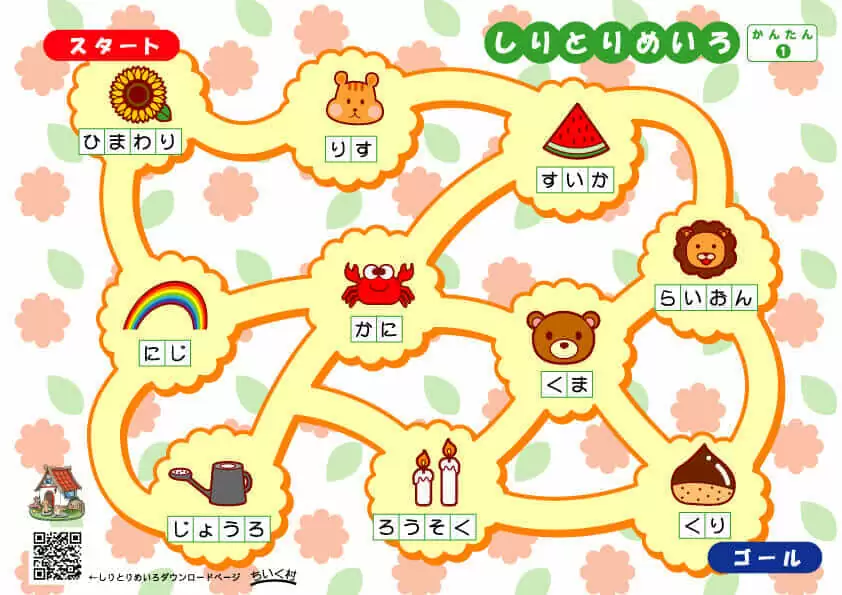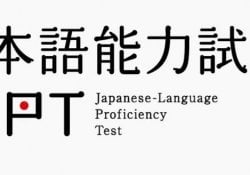Shiritori is a popular Japanese word game popular for its simplicity and charm. The game stimulates creativity, mental agility and memory, as well as being an excellent tool for learning and practicing Japanese vocabulary. In this article, we'll explore the rules, variations, and strategies of this intriguing word game.
The Game is simple: One player starts with a word, and each player must continue with another word that starts with the last letter (syllable) of the previous word. It cannot repeat words, and the player who speaks a word that ends with n (ん) also loses the game.
We also recommend reading:
- How to use Discord to learn Japanese?
- Sugoroku - Board games to roll the dice
- How to learn Japanese with manga and anime?
Índice de Conteúdo
How to play Shiritori
Shiritori consists of players taking turns saying words that start with the last syllable of the previous word. The game is usually played by two or more people and can be played in both Japanese and other languages.
However, when playing in Japanese, there are some additional or optional rules to follow:
- Only nouns are valid. Common pronouns and place names may be allowed;
- A long vowel can either be ignored or considered as a vowel;
- Dakuten and handakuten can be ignored or added as a rule;
- The length of a word must be three or more syllables.
The game has several other rules that can be included in the game, to make it easier or more difficult. It is a very simple and interesting game to play, and it can be adapted and played in any language.
Strategies to Defeat Shiritori
Although Shiritori is a casual game, there are some strategies that can be employed to increase the chances of winning:
- Learn and memorize rare words: Having a large vocabulary and knowledge of less common words can be useful, especially when the game becomes more challenging.
- Trying to predict the opponent's responses: By predicting the words your opponent might use, you can plan ahead and think of multiple possible responses.
- Use words with less common syllables: Choosing words that end with less common syllables can make it harder for your opponent to respond and increase your chances of winning.
See too: Yojijukugo Super Dictionary - Word list with 4 kanji

History and meaning of Shiritori
The word "shiritori" (しりとり) is a combination of two Japanese terms: "shiri" (尻), which means "tail", "buttocks" or "final", and "Tori" (取り), which means "catch" or "take".
Together they form "Shiritori" (尻取り), which can be translated as "take the syrup" or "take the end". The etymology of the word reflects the basic mechanics of the game, where players must create a new word using the last syllable or "tail" of the previous word.
Shiritori's exact origin is difficult to determine, as there are no historical records that specifically document its emergence. However, it is widely accepted that the game has its roots in Japanese culture and tradition, possibly dating back to the Heian period (794-1185) or the Edo period (1603-1868).
During these periods, wordplay and poetry were very popular among the nobility and warrior class, as well as the general population. The most famous of these is the “uta-awase”, a poetry contest in which participants competed to create the best poem following specific rules and themes. “Renga,” a style of collaborative poetry in which poets created alternating lines to compose a long poem, was also common.
It is believed that Shiritori may have originated as a simplified form of such word games, intended to provide entertainment and enjoyment for people of all ages and social backgrounds. Over the years, the game has become popular and evolved, becoming a common pastime and a useful tool for learning and practicing Japanese vocabulary.
We recommend reading: Heian Period - The period of peace in Japan
Watch a song about Shiritori below:
Shiritori Game Variations
There are several variations of Shiritori that can be played to make the game more challenging or appropriate for different age groups and skill levels:
- Thematic: Players must choose words related to a specific theme, such as animals, food or places.
- Limited time: Players have a set amount of time to think of a word, making the game more exciting and challenging.
- Words of specific grammatical categories: Instead of just using nouns, players can choose words from other grammatical categories such as verbs or adjectives.
In addition to the aforementioned variations, the game may appear in different ways for children or in books and apps. You can create different puzzles and intelligence tests using the game base.
The image below shows a map with given words, where the objective is to find words that start with the last syllable and end with the first syllable of the word that follows the path:

The article is still halfway through, but we recommend also reading:
Shall we play Shiritori?
Now that you've learned how to play shiritori, why don't you call your friends and take the quiz? In case you're still lost, see an example game below:
Game example
- Player 1: sakura (さくら)
- Player 2: rajio (ラジオ)
- Player 3: onigiri (おにぎり)
- Player 1: risu (りす)
- Player 2: Sumou (すもう)
- Player 3: udon (うどん) - Lost!
You can also easily download a game or app on your mobile phone, just search for “Shiritori” in the app store.
To conclude, we can summarize that shiritori is a simple and engaging Japanese word game that can be enjoyed by people of all ages and language abilities.
Besides being a great way to learn and practice Japanese vocabulary, the game can also be played in other languages and with different variations and rules.
Through the use of strategies and vocabulary knowledge, players can challenge each other and improve their language skills while having fun.







